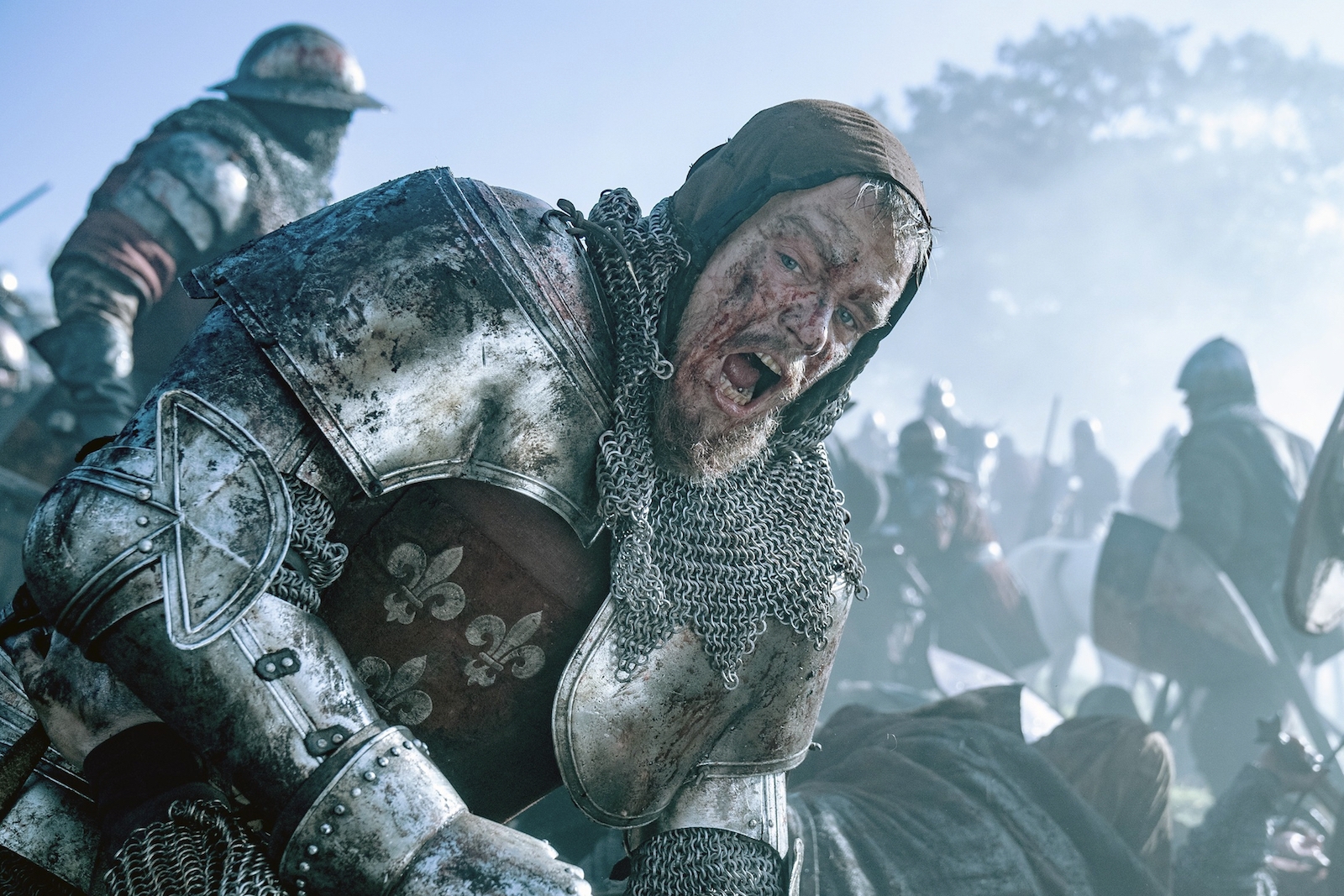
2021: A Tale of Two Ridley Scotts
Say what you will about 2021, but it seems clear to me that despite its myriad twists and turns, political frustrations, economic uncertainty, and scary Greek-letter virus variants, one thing has remained undeniably true: this was the year we made a resounding return to movie theaters. I have written on this site before about my fears that the traditional moviegoing experience could become a tragic casualty of the global pandemic (and it still might!), but recent events have shown that the megaplex is far from drawing its last breath.
In the past three months alone, we were treated to a new James Bond adventure, a Spielberg-helmed adaptation of a golden age Broadway musical, and a fresh entry in the Marvel Cinematic Universe that has calmly grossed over a billion dollars worldwide in its first two weeks. Movies are still here, and we seem to still like them.
What has struck me above all else as I struggle to keep up with the flood of releases this year is the stunning breadth of directorial talent that has brought us these new features. In addition to the aforementioned Spielberg, we’ve seen projects by Guillermo del Toro, Kenneth Branagh, Lana Wachowski, Denis Villeneuve, Paul Thomas Anderson, Edgar Wright, Chloe Zhao, Jane Campion, Paul Verhoeven, Wes Anderson, and Joel Coen. But even amidst that sea of filmmaking expertise, only one director has dominated my thoughts this winter, which is perhaps unsurprising because he helmed two major releases this year—the one and only Ridley Scott. Those other directors are all brilliant and undiminished by the difficulties of producing a feature film amid a pandemic, but 2021 reminded me anew that the realm of cinema is still Ridley Scott’s world—and we’re just living in it.
My focus on Mr. Scott specifically, and the illustrative importance of the two films he released this year, deserve some explanation. I have followed Ridley Scott’s career for most of my life—ever since 10-year-old me jumped off the couch with fright when I first saw Dallas encounter the Alien in the dark service corridors of the Nostromo. I remember getting my first real taste of meta filmmaking as I watched Gladiator—a sprawling, epic tale of grandiose set pieces and exotic costumes where Russell Crowe isn’t really addressing the fictional crowd in the Colosseum when he shouts, “Are you not entertained?!” Mr. Scott’s work has been captivating me for at least two decades.
However, at no point in my fandom have I ever characterized myself as anything other than a Ridley Scott apologist. There is a simple reason for that: for every compelling piece of cinema that Mr. Scott has crafted over his long and prolific career, it seems he has created a confusing, tonally inconsistent dud to go along with it. American Gangster tells its rags-to-riches crime story so deftly that it has you sympathizing with the devil, but did you have the slightest idea what was going on in Prometheus? We all love Thelma & Louise, but did any of us ask for Exodus: Gods and Kings?
That dichotomy has defined Scott’s work as a director for his entire career. He strikes me as the filmmaking equivalent of a baseball player who is guaranteed to either hit a monster home run or strike out swinging each time he steps up to the plate.
His inconsistencies notwithstanding, Scott’s career as a filmmaker has also been marked by his exceedingly workmanlike qualities, which are reflected not only by the prolific nature of his efforts (over the course of nearly 30 feature films, he has displayed a willingness to tackle everything from sci-fi dystopia in Blade Runner to espionage thrills in Body of Lies), but also by his no-frills directorial techniques. Scott is a master of setting a scene in the least pretentious ways possible—by focusing on production design and set pieces to give a sense of place; by using lighting to set the tone; and by following up each wide establishing shot with a series of unassuming mid-close-ups to showcase his actors in their surroundings. His work is the very picture of simple efficiency, even when the film fails to land.
If you don’t already see my point, you need look no further than Mr. Scott’s 2021 releases to get a clearer view. First, he brought us the criminally unheralded The Last Duel—a medieval tale of woe that effortlessly tackles themes of agency, betrayal, sexual assault, the elusiveness of truth, and the ultimate hollowness and egotism of chivalry and patriarchy. It is without question Scott’s best film in at least a decade, and he achieves that result by utilizing familiar means. The costumes and production design are spectacular, and the lighting is often dim and gray. Cold, bleak exteriors drive home the brutality of war just as candlelit interiors highlight the lonely and oppressive life led by a knight’s wife. We’ve seen Mr. Scott succeed in such historical dramas before, both in Gladiator and in Kingdom of Heaven (the Director’s Cut of which I consider to be his best 21st-century film). And we’ve seen this sort of depressive lighting before, most notably throughout his extended Alien franchise. In The Last Duel, Scott combines those tried and true techniques to create what I think is the best film I saw this year.
But The Last Duel was obviously not Ridley Scott’s only release in 2021, and the odds tell us that if his first feature was a home run, his second must be a strikeout. And indeed it was. House of Gucci, which arrived amid considerably more fanfare than The Last Duel, tells a much less clear tale. Although the ambient lighting is often not all that different from The Last Duel, the use of striking, saturated colors from the costumes and set pieces seeks to key us in on a completely different story. Consider especially the scenes that take place in the Alps, where the snowy exterior reflects the sunlight back onto the actors and gives us a stunning view of Lady Gaga in her cherry red ski gear.
But if the visuals are emphatic, the actual scenes miss the memo. The throughline wanders from humble love story to madcap comedy to soap opera and all the way back again with whiplash-inducing speed. Some of the performers, notably Al Pacino and Jared Leto, appear to be in a satirical romp while surrounded by other actors who are slogging through a self-serious drama. The lavish mis-en-scene thus plays host to a confused and ultimately incoherent narrative. But just as The Last Duel fits squarely into Scott’s repertoire, so too does House of Gucci. It has as its compatriots the nearly incomprehensible Prometheus, the visually fascinating but virtually plotless Legend, and the various other duds sprinkled throughout his filmography.
What I simply cannot deny, however, is that both The Last Duel and House of Gucci made me feel many things while watching them and they have kept me thinking about them for weeks after I’ve left the theater. Next to these two movies, only Denis Villeneuve’s visual masterwork Dune has lingered so long in my thoughts. In so many ways, my filmgoing experience in 2021 has mirrored my whole life as a cinephile—there may be other directors out there making movies that are better overall, but Ridley Scott is going to continue churning out more of them, and each of them will leave me with a strong and lasting impression. He will continue to utilize those same fundamental techniques with the same workmanlike efficiency as always, producing results that are often confounding and occasionally epic. I’m more than happy to keep living in Ridley Scott’s world and, apologist or not, I won’t apologize for enjoying it.

